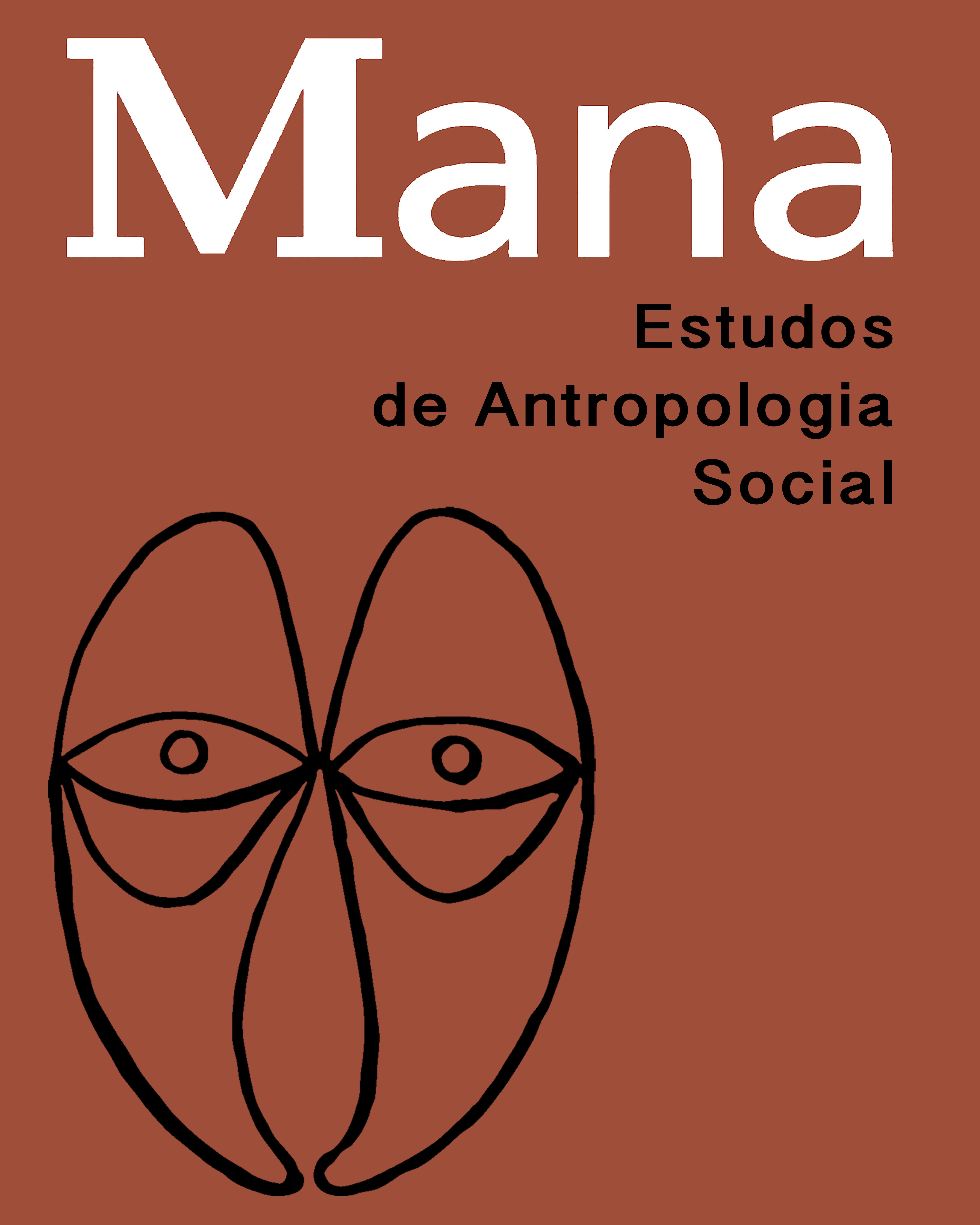Resumo em Português:
Animais de estimação gordos costumavam ser, para muitas pessoas, engraçados e adoráveis; para algumas, os animaizinhos gordos (especialmente gatos) ainda o são: os quadrinhos de Garfield, sobre um gato acima do peso e preguiçoso, venderam bem; há sites e livros dedicados a exaltar a beleza e o encanto dos gatos gordos; e crianças anglófonas são socializadas por meio de livros de leitura fonológicos com títulos como Fat cat on a mat, associando o prazer de ler à fofura de animais de estimação rechonchudos. Tudo isto, no entanto, está mudando. Testemunhamos a transformação da obesidade de animais de estimação de fenômeno trivial ou preferência estética idiossincrática em problema social. Este vem mobilizando os meios de comunicação de massa, a opinião pública e ampla variedade de especialistas, além da intervenção de aparatos de Estado, como os tribunais e a polícia. Este artigo discute as maneiras pelas quais a obesidade ultrapassou a fronteira das espécies. Revisa as provas divulgadas para justificar as cada vez mais comuns - e cada vez mais estridentes - alegações de que estamos em meio a uma "epidemia" de obesidade de animais de estimação (algumas das quais afirmando que os animais de estimação acima do peso chegam a 60% do total), discute a fonte e avalia a credibilidade desta informação. Examina como a obesidade animal é apresentada na mídia por organizações de caridade, como Pet Club UK ou a RSPCA. E oferece reflexões sobre o que a preocupação corrente em relação à obesidade dos animais de estimação pode nos dizer a respeito das dimensões sociais, culturais, médicas, históricas, econômicas, emocionais e subjetivas da obesidade de maneira geral.
Resumo em Inglês:
For many people, fat pets used to be cute, funny and adorable, and for some people fat pets (especially fat cats) still are: the Garfield comics, about an overweight, lazy cat, sell well, there are websites and books devoted to extolling the beauty and allure of fat cats, and children are socialized, through phonics readers with titles like Fat Cat on a Mat, to associate the pleasure of reading with the cuteness of round pets. All of this, however, is changing. We are witnessing the transformation of pet obesity from a trivial phenomenon or an idiosyncratic aesthetic preference into a social problem - one that increasingly mobilizes the mass media, public opinion and a wide variety of experts, and the intervention of state apparatuses like the courts and the police. This article discusses the ways in which obesity has crossed the species boundary. It reviews the evidence circulated to justify the increasingly common - and increasingly shrill - claims that we are in the midst of an "epidemic" of pet obesity (some claims assert that as many as 60% of all pets are overweight or obese) and it discusses the source and assesses the reliability of that evidence. It examines how pet obesity is presented in the mass media and by charitable organizations like Pet Club UK or the RSPCA. It also offers some thoughts about what current concerns about pet obesity can tell us about the social, cultural, medical, historical, economic, emotional and subjective dimensions of obesity more generally.
